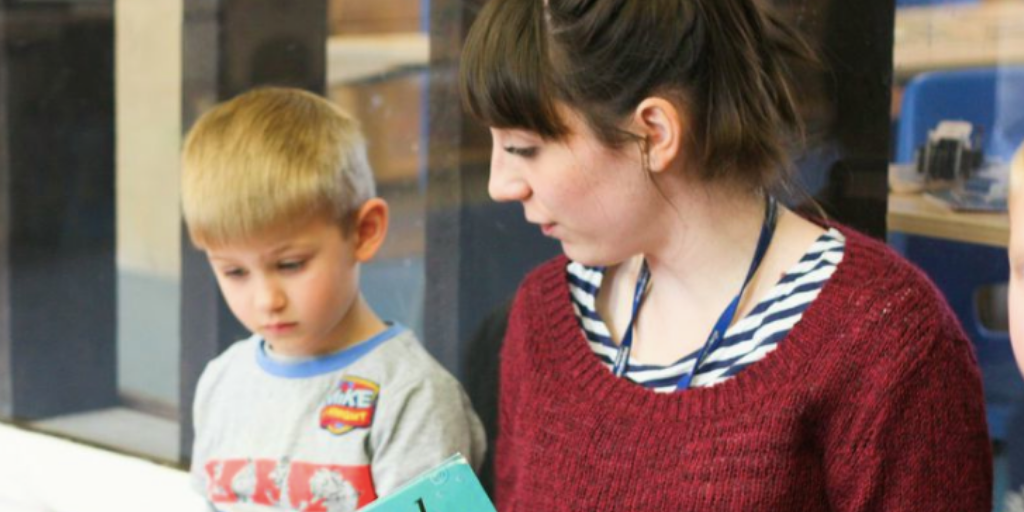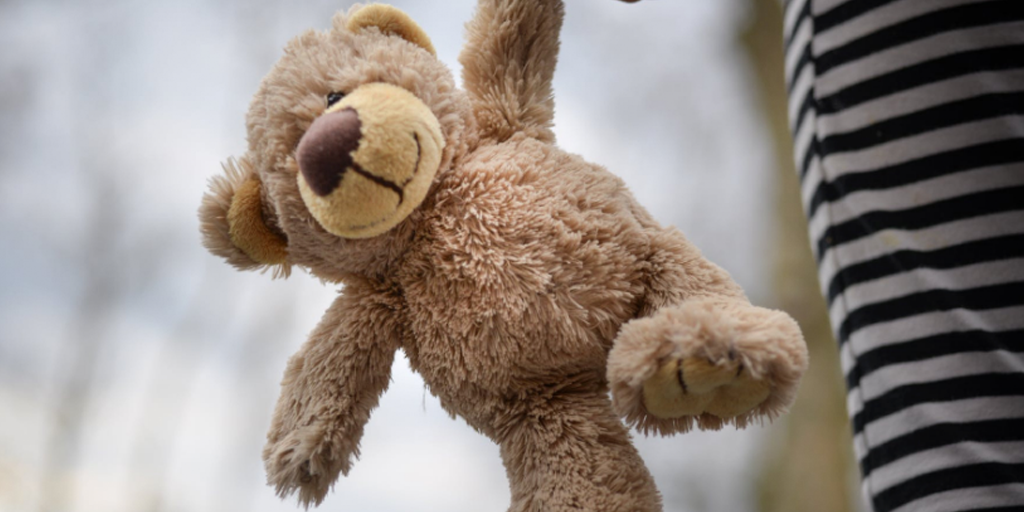We are all increasingly aware of the importance of good mental health and wellbeing in our lives. One in ten children in the UK aged 5-18 years now have a mental health problem[1]. As early years practitioners, you can support young children’s emotional and mental wellbeing, giving them tools that can aid them through life.
Below are some ideas you can use to support children’s wellbeing and mental health:
Even from a very early age, you can help children understand and become familiar with words about their emotions and feelings:
We need to help children from a young age to be able to name and recognise a range of feelings and emotions. These are crucial life skills. If we can give children a rich emotional vocabulary and understanding at a young age, we are setting some excellent foundations for them.

You can embed emotional understanding in young children using resources and books linked to feelings and emotions.
Some of my favourite books are:
A simple resource you can create yourself is a selection of photos of a different range of feelings (you can take photos of the children in your setting showing different feelings). Talk about these regularly with children. Check in with the children during the day, maybe during circle time or at the end of mealtime, asking them “How are you feeling this afternoon?” Tell them how you are feeling, so they can see adults modelling this.

Mindfulness is being increasingly recognised as a really useful tool for adults and children, as it helps us to find calmness and decreases stress. We can teach children from a young age some useful mindfulness tools to help them when they are feeling overwhelmed. Here are two mindfulness techniques I regularly use with children:
If a child is agitated get a pot of bubbles. If they can blow the bubbles themselves explain to the child “I can see you are feeling cross, let’s spend some time blowing bubbles to find some calmness”. The act of blowing bubbles works as a mindful breathing exercise. Notice and enjoy the bubbles together.
Get the child to lie on their back, put a toy on their tummy and tell them they are going to rock the toy to sleep by breathing in and out, taking deep breaths so their tummy moves up and down.
There are also lots of resources for mindfulness with children. A couple I use regularly are:

You can only support children’s wellbeing when you have good wellbeing yourself. Ensuring that you are aware of your emotions and feelings is crucial. If a child or a situation at work is bringing feelings of irritation or stress, you need to recognise this and where possible walk away for a moment to find some calmness.
Interested in accessing more early years support to help you be outstanding? Sign up for a free trial of our award-winning platform, Kinderly Together and save time and money today.

Sonia Mainstone-Cotton – Author of “Promoting Young Children’s Emotional Health and Wellbeing” and “Promoting Emotional Wellbeing in Early Years Staff”.
[1] https://www.mentalhealth.org.uk/a-to-z/c/children-and-young-people